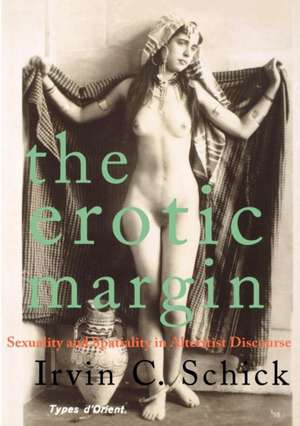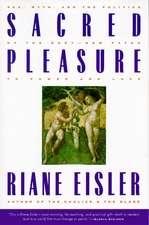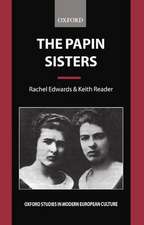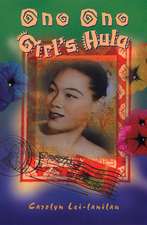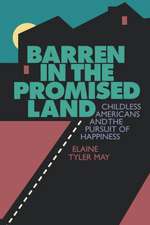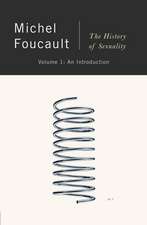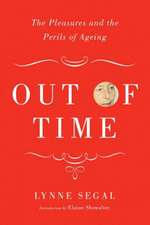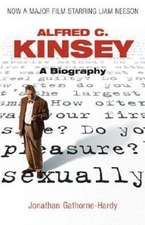The Erotic Margin: Sexuality and Spatiality in Alterist Discourse
Autor Irvin C. Schicken Limba Engleză Paperback – 31 iul 1999
Informed by the recent literature on human geography as well as feminist and postcolonial theory, The Erotic Margin focuses on erotica and sexual anthropology as well as travel literature in which, from the eighteenth century on, both traveler and destination were portrayed in unmistakably gendered and sexualized terms. Reviewing examples ranging from the New World to India, the Near East to black Africa, and the South sea islands to the Barbary Coast, the book reflects on why foreign women were variously portrayed as alluring or threatening, foreign men as effeminate weaklings or dangerous rapists, and foreign lands as sexual idylls or hearts of darkness.
Preț: 239.28 lei
Nou
Puncte Express: 359
Preț estimativ în valută:
45.79€ • 47.44$ • 38.22£
45.79€ • 47.44$ • 38.22£
Carte tipărită la comandă
Livrare economică 22 martie-05 aprilie
Preluare comenzi: 021 569.72.76
Specificații
ISBN-13: 9781781680650
ISBN-10: 1781680655
Pagini: 328
Dimensiuni: 148 x 210 x 19 mm
Greutate: 0.43 kg
Editura: VERSO
ISBN-10: 1781680655
Pagini: 328
Dimensiuni: 148 x 210 x 19 mm
Greutate: 0.43 kg
Editura: VERSO
Notă biografică
Irvin C. Schick divides his time between teaching at Harvard University and working in the communications industry. Born in Isanbul, he has co-edited Turkey in Transition: New Perspectives, and is currently at work on a book on Turkey’s cultural confrontation with modernity.
Recenzii
“Schick explores the netherworld of ethnopornographic sources, then returns to high ground with a theory of alterist discourse that opens new horizons for eveyone interested in representations of the Other. I know of no other work that theorizes the exoticization and eroticization of the Other with such rigor or such far-reaching implications.”—Carter V. Findley, President of the World History Association
